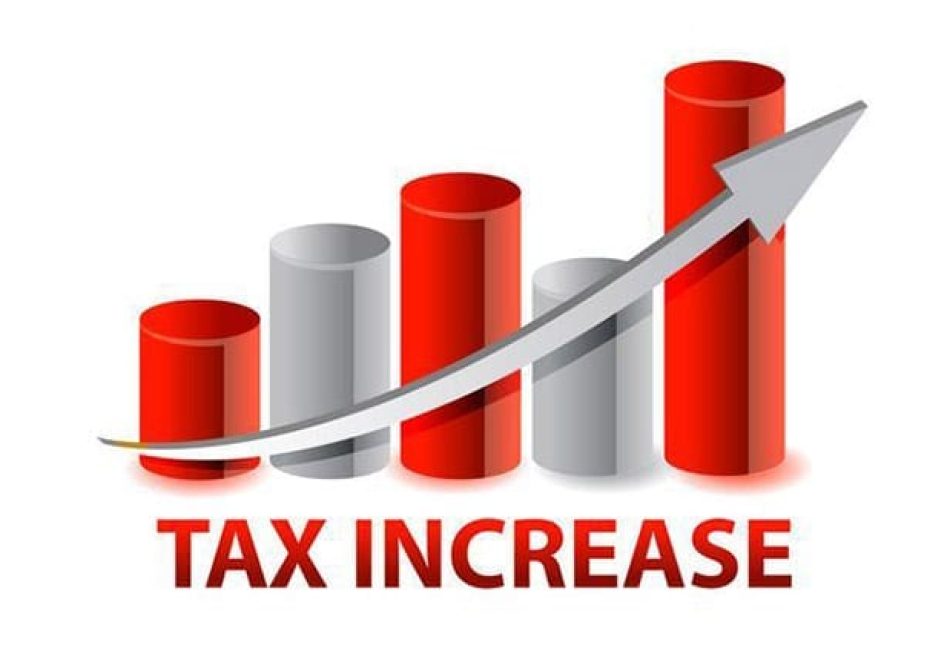Raising Taxes Not Good Now

There is no doubt about it: the economy has become the central organizing theme of the 2008 election. While the importance of taxes and overall tax burdens on the economy is widely recognized by economists, taxes and the tax hikes on the November ballot have not risen to the level of the presidential or U.S. Senate race in the minds of New Mexico voters.
Of course, that doesn’t mean that taxes won’t be going up this January. In fact, despite a volatile stock market and a stagnant economy, voters are being asked to approve a total of $223 million in bond measures – listed on your ballots as Bond Issues A through B. If all of them are approved, property taxes will rise by $35.00 for a house worth $200,000 (about $18.06 per $100,000 in assessed value). That may not sound like much on its face, but it represents a real increase over New Mexicans’ existing tax burdens.
At a time when the nest eggs of many seniors have lost a great deal of value and dropping home values, the increased burden may be difficult to bear for some, especially seniors on fixed incomes and those already struggling to make ends meet. Of course, it goes without saying (although it is important to remind people of this from time to time) that money that is taxed away to pay for these projects could otherwise be socked away by New Mexico families for future expenses or be spent to pay down debt.
Certainly, hospitals, schools, and libraries are important services provided for by the government, but Americans’ got into this current crisis, in part, by spending more than we could afford. Perhaps it is time to set priorities and be more realistic about what we spend. It might make sense if voters turned down some or all of these measures which, if voters were to deny the institutions this additional funding, would continue their work albeit without the new buildings and additional resources requested. After all, when they are cutting back at home, does it really make sense to raise taxes to pay for what can only be described services that are beyond the very basics (police, roads, and courts) usually provided by government?
We at the Rio Grande Foundation always encourage voters to be skeptical any time government asks you to dig deeper into your pockets, but it would be great if each ballot measure contained a brief explanation of what a “yes” vote on each measure would mean financially for taxpayers’. After all, while smart voters intuitively understand that government does nothing without first diverting money from other areas of the economy, many voters are ignorant of basic economics and will vote “yes” under the misguided impression that they are getting something for nothing.
Rather than relying on voters to educate themselves about the property tax hikes they will incur – these costs will be passed on even if the voter happens to rent – those who write ballot measure descriptions would better serve voters by explaining that a “yes” vote will result in higher taxes.
While advocates for each bond measure from the education, health care, and senior center groups undoubtedly believe sincerely that these tax hikes are absolutely necessary, voters, particularly those who have seen budgets stretched tighter than ever before, might want to put off tax hikes until the economy rebounds. That would be right in line with the newfound trend now sweeping America called “fiscal restraint.”
Paul Gessing is president of the Rio Grande Foundation, a non-partisan, tax-exempt research and educational organization dedicated to promoting prosperity for New Mexico based on principles of limited government, economic freedom and individual responsibility.

